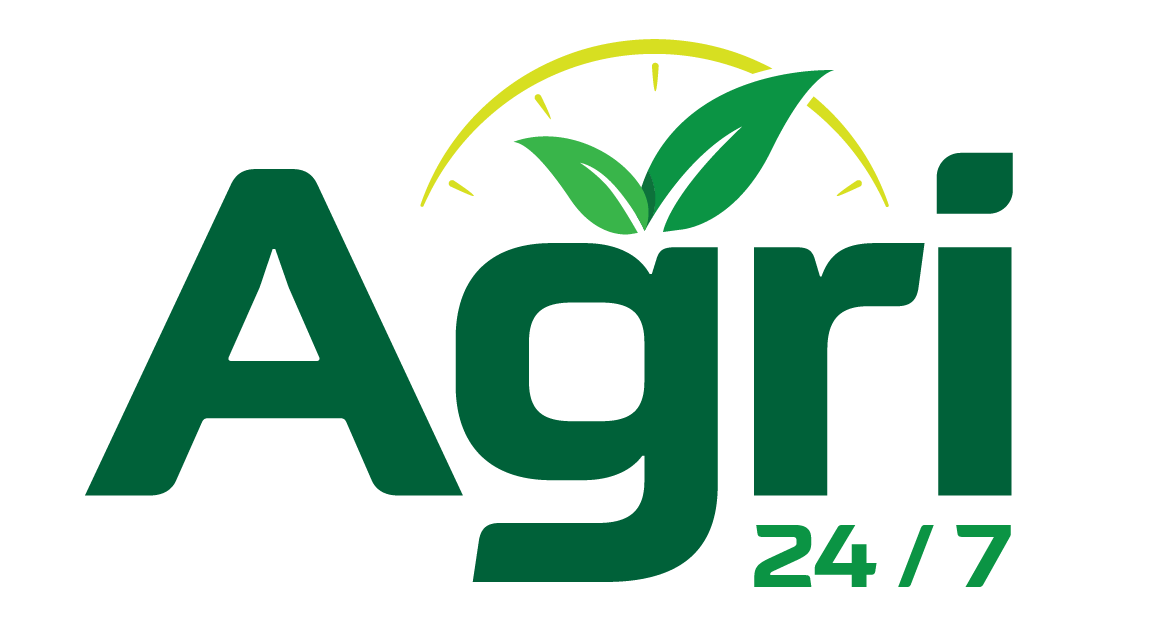Introduction
Soil is the foundation of agriculture, and understanding its condition is crucial for productive farming. The importance of soil testing cannot be overstated, as it provides insights into soil health, nutrient availability, and crop suitability. By testing the soil, farmers can make informed decisions to improve yields and adopt sustainable practices.
What is Soil Testing?
Soil testing is a scientific analysis of soil samples to determine nutrient content, pH levels, and other properties. It identifies deficiencies and helps in selecting the right fertilizers and amendments for optimal crop growth.
Why is Soil Testing Important for Farmers?
The importance of soil testing lies in its ability to:
- Optimize Fertilizer Use: Avoid overuse or underuse of fertilizers by applying the right amount based on soil requirements.
- Enhance Crop Productivity: Healthy soil ensures higher yields and better crop quality.
- Promote Sustainability: Prevents soil degradation and encourages environmentally friendly farming practices.
- Reduce Costs: Saves money by eliminating unnecessary agricultural inputs
How Does Soil Testing Work?
The process involves:
- Collecting soil samples from different parts of the farm.
- Sending samples to a laboratory for analysis.
- Receiving a detailed report on nutrient levels, pH, and recommendations for improvement.
Benefits of Soil Testing for Farmers
By implementing regular soil testing, farmers can significantly benefit from improved soil health, increased productivity, and reduced environmental impact. Learn more about the solutions Agri 24/7 provides to support these benefits here.
- Better Crop Planning: Farmers can choose the right crops based on soil properties.
- Improved Soil Health: Regular testing helps maintain soil fertility.
- Reduced Environmental Impact: Prevents the over-application of chemicals, protecting nearby ecosystems.
SenseLuto: Simplifying Soil Testing for Farmers
With advanced tools like SenseLuto, farmers can access real-time data on soil conditions, including moisture, pH, and nutrient availability. Learn more about SenseLuto.
Conclusion
The importance of soil testing extends beyond immediate benefits to long-term sustainability. By understanding and managing soil health, farmers can achieve higher productivity while protecting the environment. Make soil testing a priority and reap the rewards of informed farming practices.


